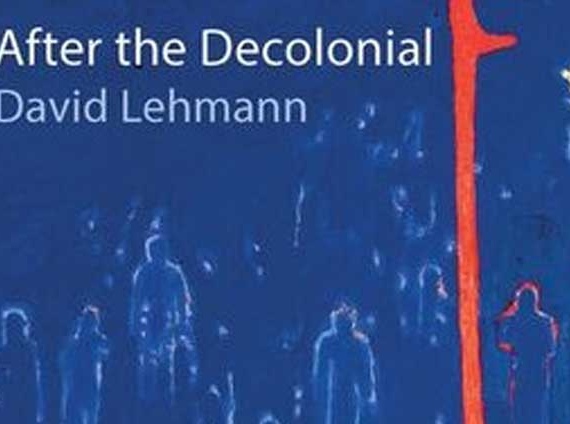During the Fox sexenio (2000-2006) the Mexican state embarked on an initiative in the then quite new field of intercultural higher education which marked a radical departure in state-sponsored attempts to overcome the social and cultural exclusion of indigenous peoples in Latin America. While other state initiatives have tended to focus on institutional pluralism, as in the establishment of usos y costumbres in local government in Oaxaca1 or of legal pluralism in the Bolivian and Colombian Constitutions,2 and on bilingual education in primary schooling, as in Bolivia and Ecuador3, the Intercultural Universities (Universidades Interculturales – henceforth UIs) created a new type of institution from the ground up for a new type of student – mature and postsecondary – together with new buildings, newly recruited teaching bodies, AND new untried course content and structure. And given Mexico’s notorious sexenio political and budgetary cycle, it had to be done fast, so that they would be ‘up and running’ with students and staff in place and an established budgetary item, before the end of the sexenio, and before the end of the tenure of the various state governors involved.




